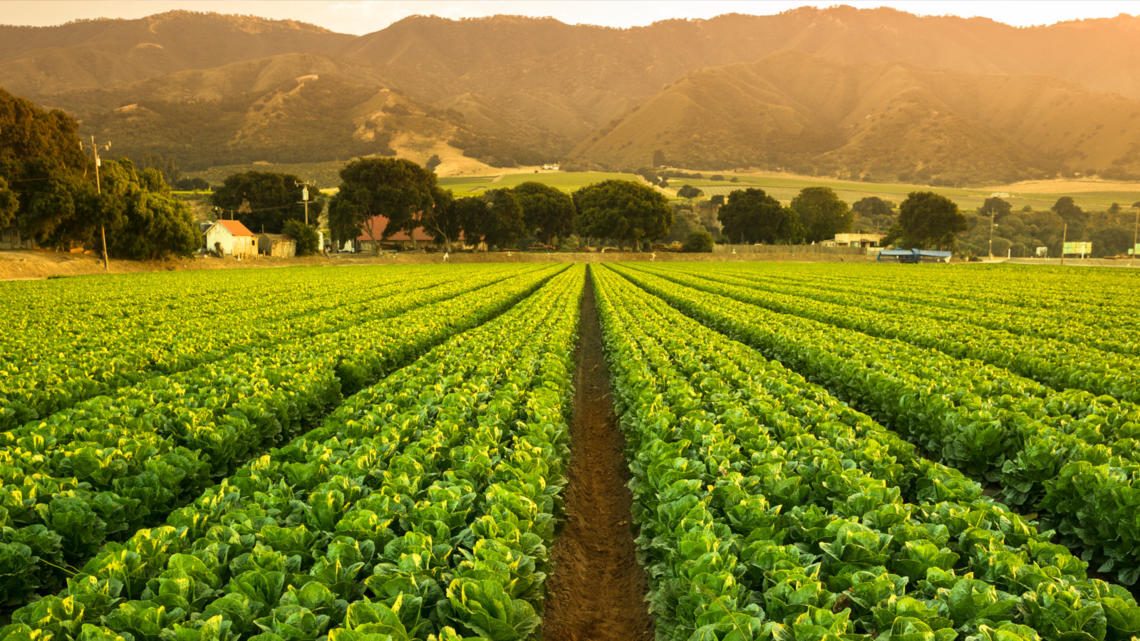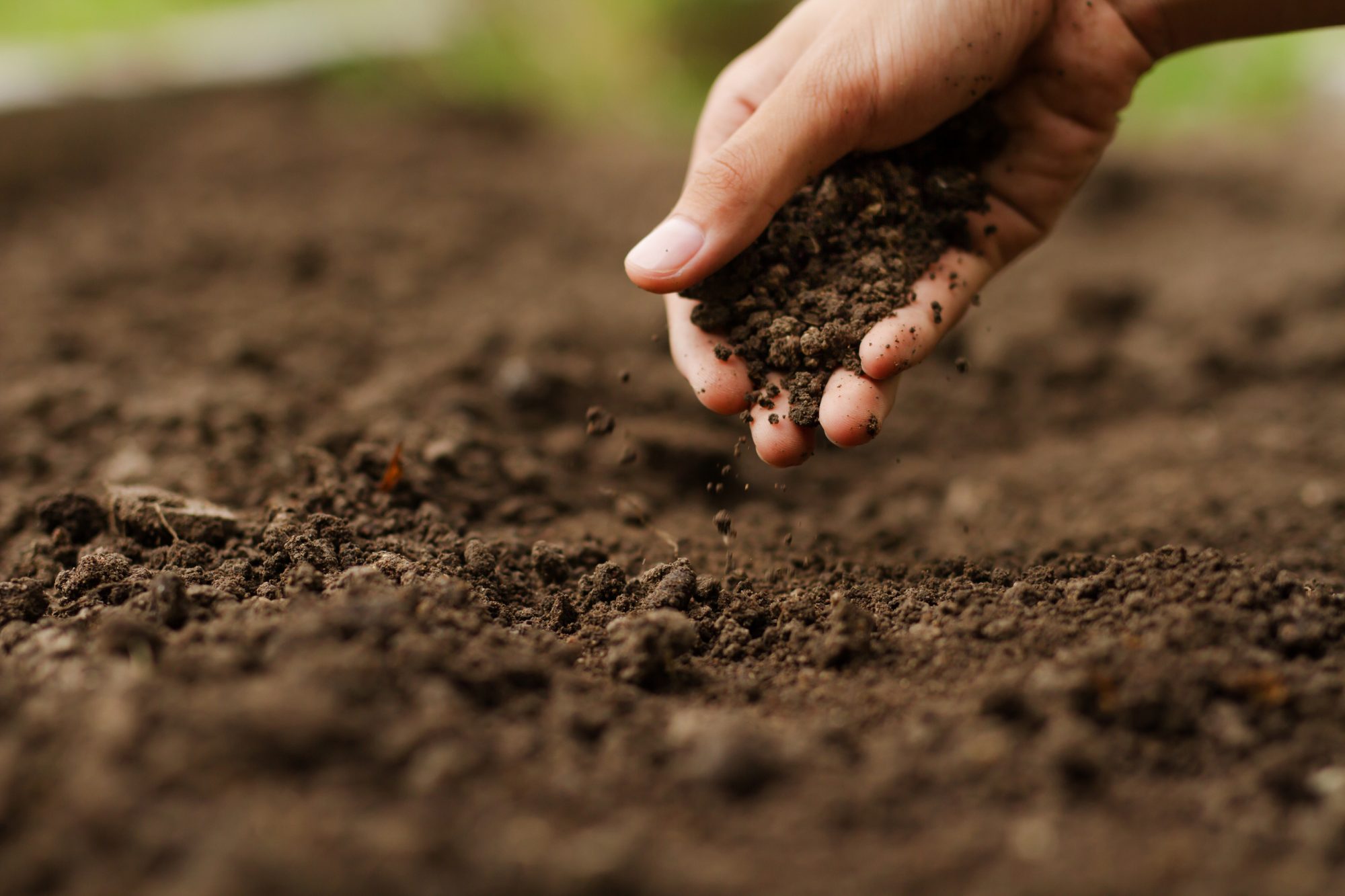In the dynamic landscape of modern agriculture, the quest for sustainable and eco-friendly practices has led to the emergence of innovative solutions. One such groundbreaking approach gaining traction is mobile biochar production—an on-the-go method that brings the benefits of biochar directly to the fields where it's needed most. This article explores the concept of mobile biochar machine, its advantages, and the transformative impact it can have on sustainable agriculture.

The Basics of Biochar:
Before delving into the mobility aspect, it's crucial to understand the fundamental role of biochar in agriculture. Biochar is a carbon-rich, porous material produced through pyrolysis—the process of heating organic matter, such as agricultural residues, wood waste, or crop by-products, in the absence of oxygen. The result is a stable form of carbon that can be added to soil to enhance its fertility, structure, and water retention capabilities.
Biochar's Soil-Enhancing Properties:
Biochar acts as a sponge in the soil, holding onto essential nutrients and moisture. Its porous structure provides a habitat for beneficial microorganisms, promoting a healthy soil ecosystem. This not only improves crop yields but also contributes to long-term soil health and resilience.
Carbon Sequestration and Climate Mitigation:
One of the standout features of biochar is its ability to sequester carbon, preventing it from being released into the atmosphere as carbon dioxide. By incorporating biochar into agricultural practices, farmers contribute to climate change mitigation efforts, making it an essential component of sustainable agriculture.
The Need for Mobility in Biochar Production:
While the benefits of biochar are well-established, the challenge lies in effectively delivering these advantages to diverse agricultural settings. This is where mobile biochar production steps in, offering a flexible and on-the-go solution to address specific needs in real-time.
Tailored Solutions for Varied Agricultural Settings:
Agricultural landscapes are diverse, with variations in soil types, crop types, and climate conditions. A mobile biochar production unit allows farmers to produce biochar on-site, tailoring the solution to the specific needs of their fields. This adaptability is a game-changer in optimizing biochar application for maximum impact.
Reducing Transportation Costs and Emissions:
Traditional biochar production often involves transporting the product from a centralized facility to various farms, incurring transportation costs and contributing to carbon emissions. Mobile biochar production eliminates or significantly reduces the need for transportation, aligning with the principles of sustainability and reducing the overall environmental footprint of biochar.
How Mobile Biochar Production Works:
Mobile biochar production units are designed to be compact, efficient, and capable of on-the-spot biochar generation. The process typically involves the following steps:
Feedstock Collection:
Agricultural residues, wood waste, or other organic materials serve as feedstock for mobile biochar units. The choice of feedstock can be adapted based on local availability and the specific requirements of the farming operation.
Pyrolysis on the Go:
The heart of mobile biochar production is the pyrolysis process, which takes place within the unit. The feedstock is heated in the absence of oxygen, leading to the production of biochar. The efficiency and speed of this process are optimized for on-the-go applications.
Instant Application:
Once produced, the biochar can be immediately applied to the fields. This immediate application ensures that the benefits of biochar are realized without delay, contributing to improved soil health and crop performance.
Advantages of Mobile Biochar Production:
Real-Time Soil Enrichment:
The ability to produce biochar on-site means that farmers can enrich their soil in real-time. This is particularly advantageous in situations where immediate soil improvement is needed, such as before planting or during critical growth stages.
Adaptability to Changing Conditions:
Agricultural conditions are subject to change, and the ability to adapt quickly is essential. Mobile biochar production units empower farmers to respond promptly to changing soil conditions, weather patterns, or unexpected challenges, ensuring that their agricultural practices remain dynamic and effective.
Cost-Efficiency and Resource Optimization:
By eliminating the need for transportation and centralizing biochar production, mobile units contribute to cost-efficiency. Farmers can optimize the use of available resources, making the entire process more economically viable.
Reduced Environmental Impact:
The mobile nature of biochar production aligns with sustainable practices by minimizing the environmental impact associated with transportation. Reduced carbon emissions, lower energy consumption, and localized production all contribute to a more eco-friendly approach to soil enrichment.
Enhanced Accessibility for Small-Scale Farmers:
Mobile biochar production units can be designed to accommodate the scale of small farms, making this technology accessible to a broader range of farmers. This inclusivity is vital for promoting sustainable agriculture practices across diverse farming communities.
Challenges and Considerations:
While the concept of mobile biochar production holds immense promise, it's important to address potential challenges and considerations associated with its implementation.

Technology Accessibility:
The adoption of mobile biochar production may face barriers in terms of technology accessibility. Ensuring that the technology is user-friendly and adaptable to diverse farming communities is crucial for widespread acceptance.
Feedstock Availability and Quality:
The effectiveness of mobile biochar production relies on the availability and quality of suitable feedstock. Farmers need access to appropriate biomass materials for the process to be viable.
Technical Expertise:
Operating mobile biochar production units requires a certain level of technical expertise. Providing training and support to farmers can enhance the successful implementation of this technology.
Regulatory Considerations:
Regulations surrounding biochar production and application may vary across regions. Addressing regulatory considerations and ensuring compliance is essential for the widespread adoption of mobile biochar production.
Case Studies:
Several initiatives around the world are already exploring the potential of mobile biochar production in diverse agricultural settings.
African Mobile Biochar Units for Smallholder Farmers:
In parts of Africa, where smallholder farmers are prevalent, mobile biochar units are being tested to enhance soil fertility and crop yields. These units are designed to be easily transportable and adaptable to the varying needs of different farming communities.
Australian Outback Agriculture:
In Australia, where vast agricultural landscapes present logistical challenges, mobile biochar production units are being utilized to address soil degradation. These units can be deployed to remote areas, offering a sustainable solution to improve soil health.
Asian Rice Fields:
In Asian rice-producing regions, mobile biochar production is being explored as a means to address soil fertility issues in rice paddies. By producing biochar directly in the fields, farmers aim to enhance nutrient retention and water management.
Conclusion:
Mobile biochar production is a game-changing innovation that brings the benefits of biochar directly to the fields, aligning with the principles of sustainable and climate-smart agriculture. By overcoming the challenges associated with traditional biochar production and application, mobile units offer a dynamic and adaptable solution for farmers worldwide. As technology continues to advance and awareness grows, mobile biochar production has the potential to become a cornerstone in the quest for sustainable and resilient agricultural practices.





